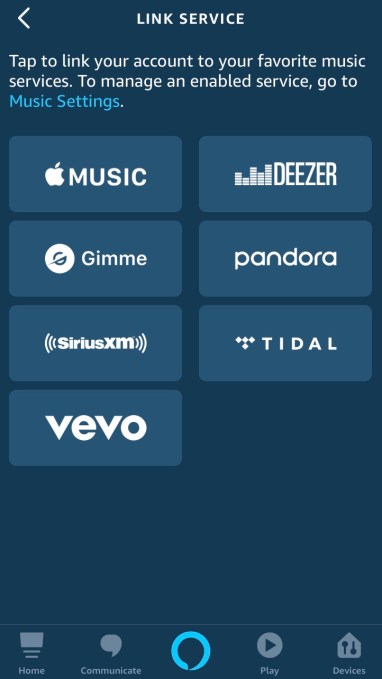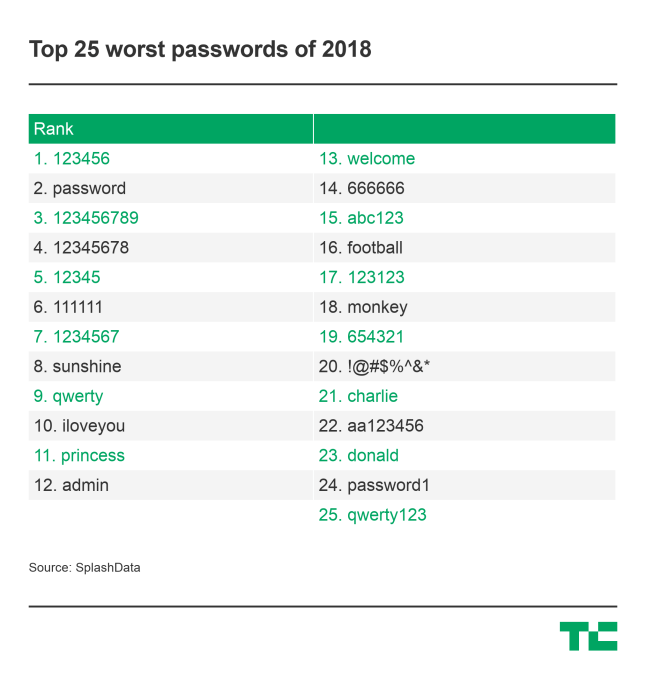For three years, Tony Hawk has been conspicuously absent from the video store shelves. For most game developers, that’s little more than a blip between titles. When your name and face are attached to 16 titles in 15 years, however, everyone starts to notice when you’re gone.
“It’s usually the first topic of discussion with me,” Hawk laughs. The first, that is, once the world’s most famous skateboarder’s identity has been firmly established.
That question was finally answered this week with the arrival of Skate Jam, the first of Hawk’s titles created exclusively for a mobile platform. The game also marks the skater’s first collaboration with mobile app acquisition group Maple Media — marking a split with longtime publisher Activision.
It was a partnership that ended with a whimper, with the arrival of 2015’s Tony Hawk Pro Skater 5. The final installation of the beloved series was heavily criticized for being uninspired and rushed, and Hawk ultimately opted to move on from a relationship that helped turn his name into a $250 million a year brand at its peak.

The unceremonious end of the Activision deal left the future of the franchise in jeopardy, with Hawk exploring his options. “My contract with Activision ended, and I was exploring a few options, including some VR stuff,” he tells TechCrunch. While he says he’s still open to a future Tony Hawk virtual reality title, the medium ultimately proved too tricky for the first skater to land a 900. “It’s a pretty daunting task to figure out how to make skateboarding work in VR without people getting sick.”
Advances in mobile platforms, on the other hand, have made a smartphone version far more appealing than it would have been at the height of the franchise’s success. “Maple Media came and said they would like to expand on their skate games,” says Hawk. “When I played their most recent engine, I felt there was something there, akin to what I felt when I first played the THPS engine. I felt that, with my input and expertise, we could make something that would be truly authentic for gamers and skaters alike, for a new generation.”

As far as whether Skate Jam’s release portends the rebirth of the franchise, Hawk is ultimately a bit more cagey. He explains that the team is more focused on building out the current title than committing to Pro Skater’s annual release schedule.
“We’re going to see a lot more development in terms of growing this title,” Hawk says. “It’s much more streamlined and we can do it on a regular basis. We’re not planning to develop a new title, per se, but are planning to grow and develop this one.”
Skate Jam is now available for Android and iOS.


